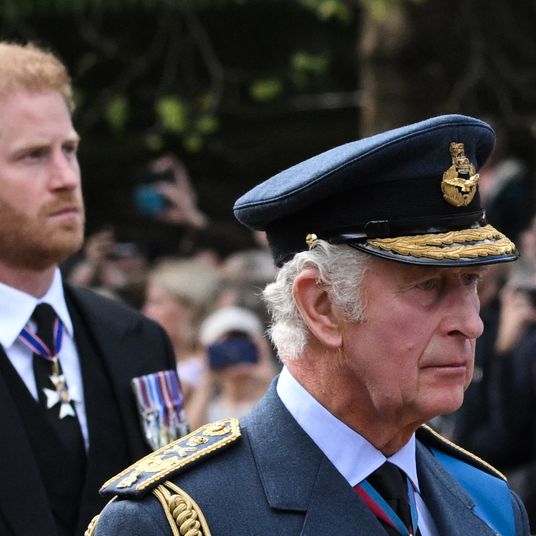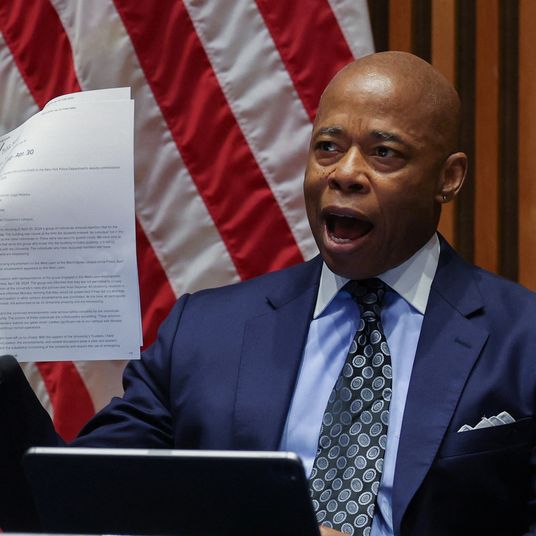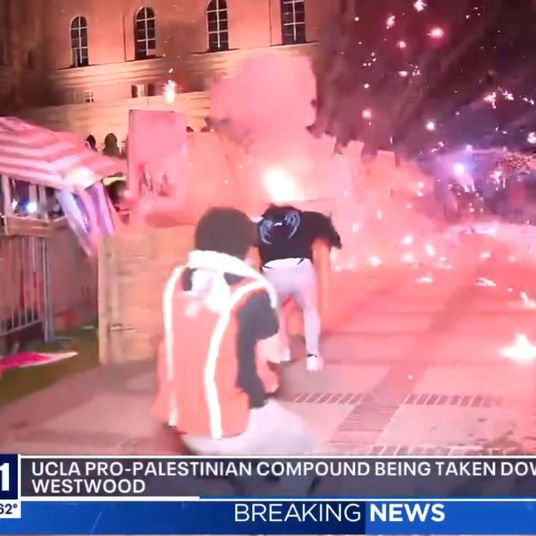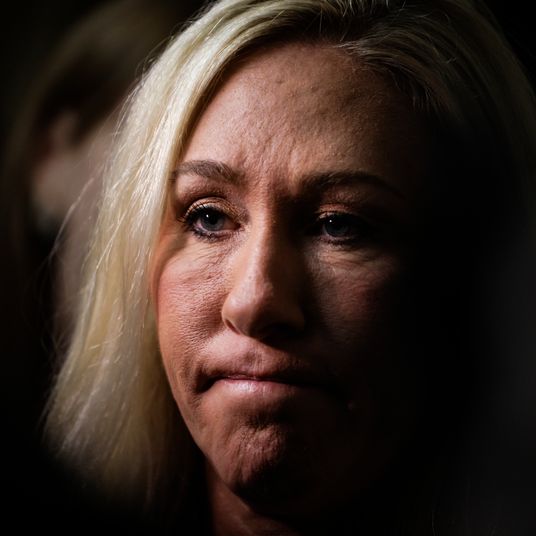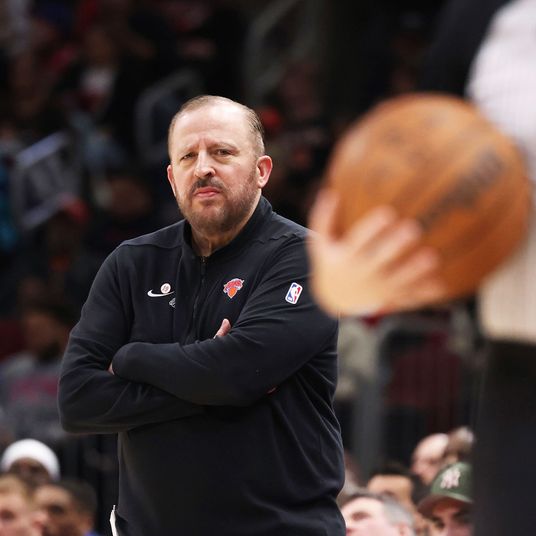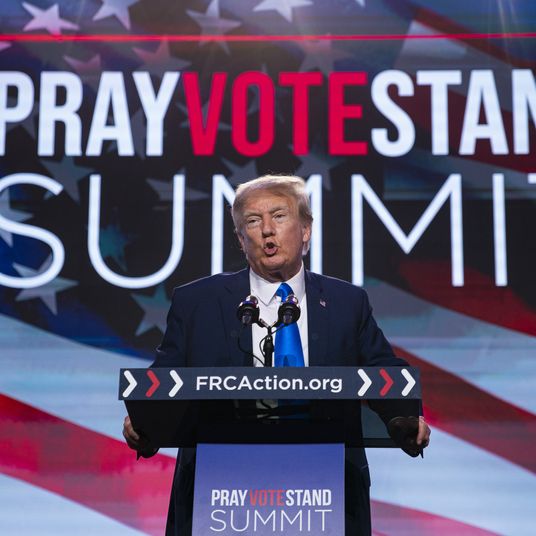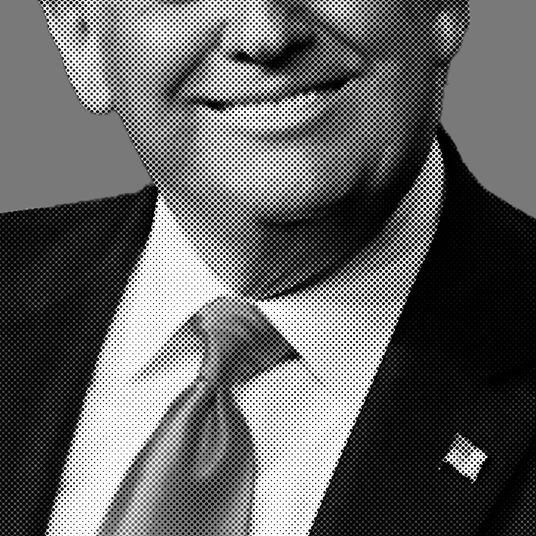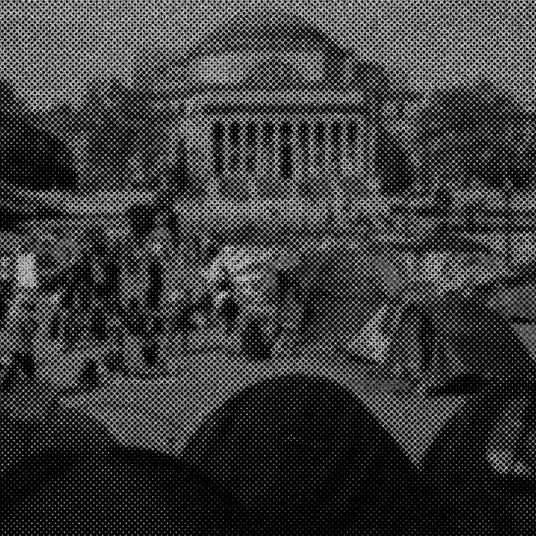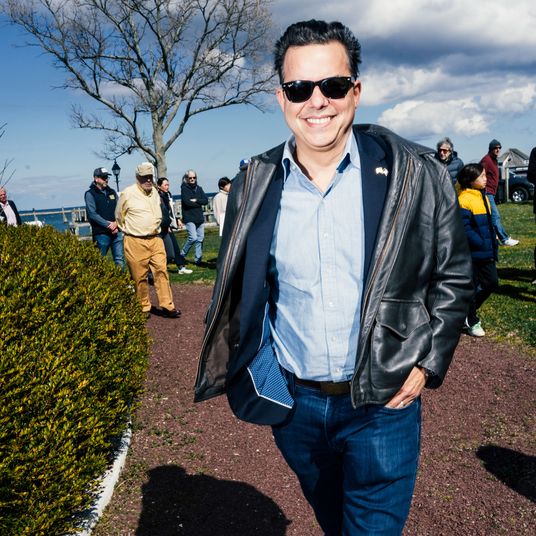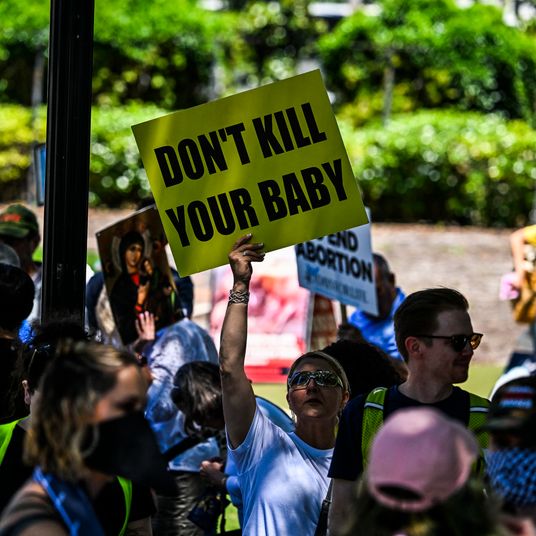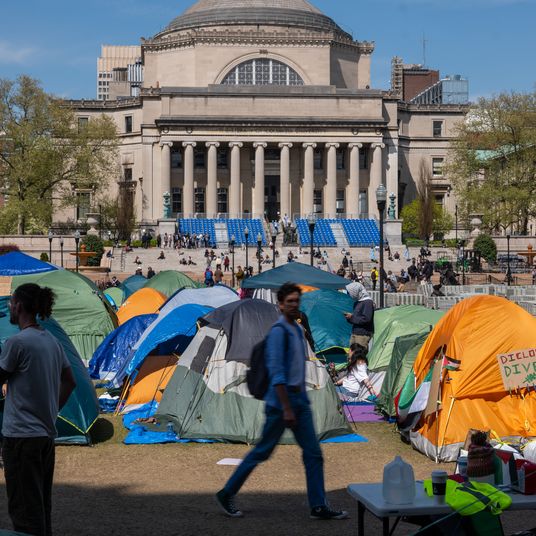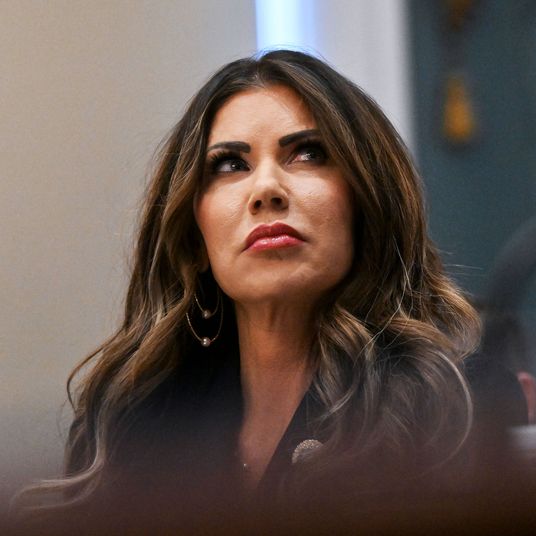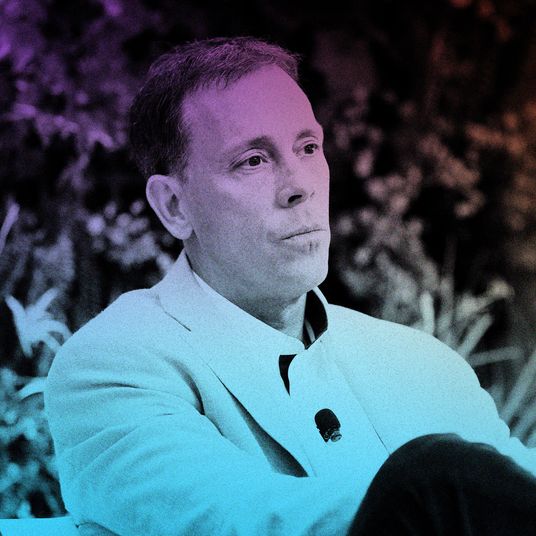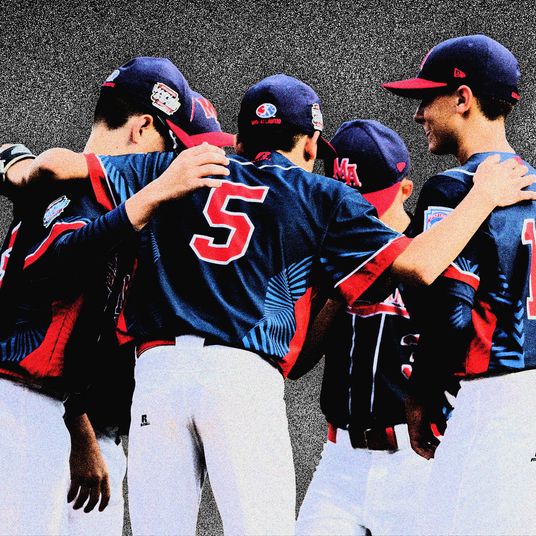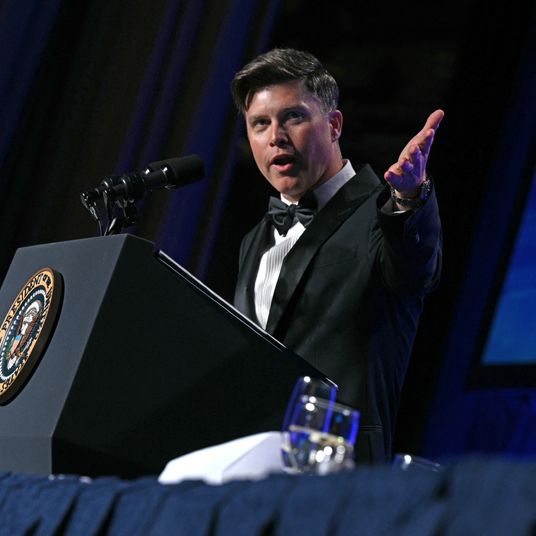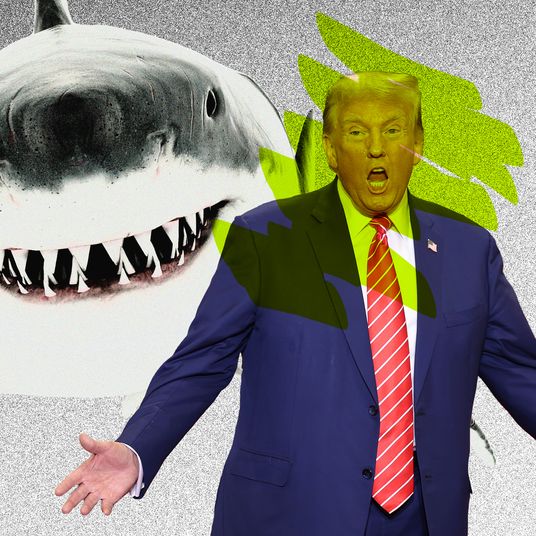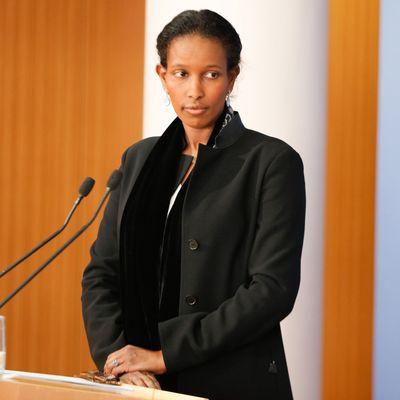
When Ayaan Hirsi Ali renounced Islam for atheism, her conversion made her a global star. In the wake of 9/11, she appeared to confirm what many feared: that Islam was incontrovertibly backward and oppressive to women. Certainly, she had no cause to think kindly of the faith she had abandoned. After suffering genital mutilation as a young girl, she escaped Islamic fundamentalism and an arranged marriage and found refuge in the Netherlands, where she became an atheist. After publicly disavowing Islam, she became a face of New Atheism and was elected to the Dutch parliament in 2003. A year later, a Muslim extremist murdered the Dutch filmmaker Theo van Gogh, her creative collaborator at the time; a note pinned to his body said Hirsi Ali would be next to die. She did not remain silent. She published a best-selling memoir, Infidel, in 2006, followed by another autobiography, Nomad, in 2010.
Her life experiences lent Hirsi Ali some personal credibility in warning the West about the supposed threat of Islam on its doorstep. At various points in her decadeslong career, she has called the religion “a destructive, nihilistic cult of death,” argued that male Muslim immigrants are a danger to European women, and said the West should heavily restrict Muslim immigration. As the writer Pankaj Mishra observed in a 2010 review of Nomad, Hirsi Ali has supported a French ban on face veils and a Swiss referendum to ban minarets. More recently, she has branched out beyond religion to complain that “gender-ideology advocates are a threat not just to women but to western ideals, too,” that the Black Lives Matter movement is an “enemy of black prosperity and education,” and that “progressive conformists” are chasing freethinkers out of American universities.
Now she has made another conversion. In a take on Bertrand Russell’s famous lecture that was adapted into the essay “Why I Am Not a Christian,” she has announced that she is, well, a Christian. Her own essay is notable both for what it does and does not say. Her rationale is mostly political, though she briefly observes that atheism could not tell her “the meaning and purpose of life.” She never mentions Jesus Christ, and she is still consumed by the culture wars. That tells us a great deal about Hirsi Ali and her true convictions.
Atheism once seemed to be the enlightened alternative for her. “Russell’s assertion that religion is based primarily on fear resonated with me,” she writes in “Why I Am Now a Christian,” adding that although she “had abandoned all the rational reasons for believing in God, that irrational fear of hellfire still lingered.” When Hirsi Ali writes broadly of atheism, I feel some distinctions are in order. Hers was New Atheism, the creed of Christopher Hitchens and Richard Dawkins, an atheism that prides itself on its intolerance. That distinction matters: Hirsi Ali’s atheism only ever propped up her career as a culture warrior. It is clear from her new essay that she still sees herself in that role. She remains on the same crusade, inveighing against Islam and having simply exchanged one banner for another. Western civilization is under attack, she writes, conflating Communist China, Vladimir Putin, “global Islamism,” and “woke ideology” as one.
This is a call to arms, an apologia for a Christianity that sees itself at war. She writes that “modern, secular tools” are insufficient and that we won’t win against these enemies if we can’t unite ourselves under one philosophy. And she has chosen the most virulent creed at her disposal: a strain of Christianity that seeks power above all else.
Why convert now? Hirsi Ali would have you believe it’s because the war is upon us. I have other theories. While I am in no position to question the authenticity of her conversion, a star needs a vehicle, and New Atheism is in terminal decline, no longer fit for purpose. The movement has devoured itself, trading whatever intellectual integrity it once possessed for culture-war dogmas. There’s a lesson here, not that I expect Hirsi Ali, or the Christian right, to have learned it. Indeed, some Christians have welcomed her into the fold. Writing for The American Conservative, Sohrab Ahmari allows that some people of faith may wonder if Hirsi Ali has truly accepted “the basic teachings of ‘mere Christianity.’” Ahmari himself is more accepting. “For the rest of us, the civilizational or cultural case for converting to Christianity should be enough,” he wrote.
This is thin gruel. Or as the apostle Paul once told the Corinthians, “I gave you milk, not solid food, for you were not yet ready for it. Indeed, you are still not ready.” I have been an atheist for nearly 15 years, and I still wonder where Christ is in all of this because his words are challenging: Deny yourself and take up your cross daily, he said. Of course, religion is open to interpretation. Just as I cannot authenticate Hirsi Ali’s conversion, I cannot declare one version true to the exclusion of all others. I can say, though, that the militaristic Christianity she professes is poisonous — to her, to me, to all of us. It desires control just as surely as the Islamic fundamentalism she left behind. Given power, it will crush its enemies and reorder the world in its own authoritarian image. There’s no enlightenment here, no liberalism to preserve. There is dogma, fear, and a certain sense of tragedy. Hirsi Ali never escaped her past. We are reliving it with her, one broadside at a time.







